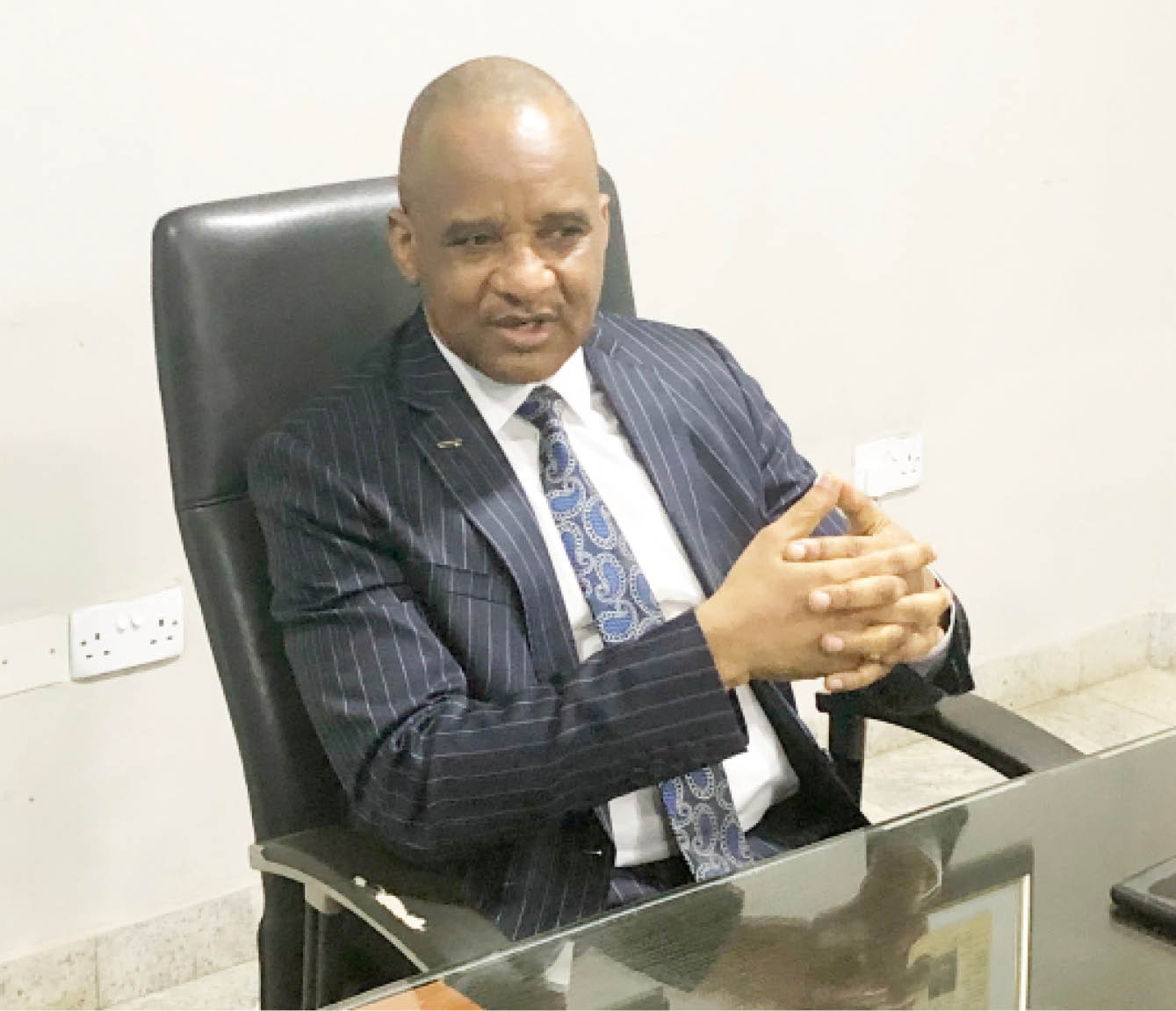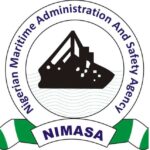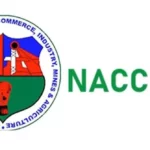Dr Bashir Jamoh, the Director General of Nigerian Maritime Administration and Safety Agency (NIMASA), in this exclusive interview with Daily Trust, said Nigeria’s seaways are now safer than they used to be prior to December 2020 and explained why NIMASA is campaigning for the abolition of the War Risk insurance imposed on Nigeria-bound cargoes.
What is the security situation on Nigeria’s seaways?
The Deep Blue Project is a very unique project. It is a project that no country in West and Central Africa has and it is well received within and outside the country. It is changing the narrative of maritime insecurity. When you look at maritime insecurity or the security in general in Nigeria, it has two heads: one, the land, which is coming as a threat from the eastern bloc of Northern Nigeria. You know the Boko Haram issue. The second is the threat from the waterfront. It is coming from the southern front—South West and the South South. The South East has its own peculiar problem also. If you allow these two things to interface, then the country is in trouble. However, so far and from the data we have and the statistics that we are collecting, we are getting it right.
- Insurgency: Chief of Army Staff puts troops on alert
- How we can boost local tech investments — Omoniyi
By December, we recorded about 10 attacks – January (one), February (zero), March (one) and in April, I think we had one or so. In May, we recorded two. Before December, there used to be a time we recorded maybe almost one attack per day. If you take the average in 30 days, there may be about 30 ships attacked and maybe successfully.
Imagine now that in 30 days, you are expecting 30 attacks but you get one. We are getting things right. That’s what we are seeing now. From there, we now developed the Shield Gulf of Guinea. The Indian Ocean, where these things emanate or started from, they formed what they called “Shield” where the international community converged to fight the menace together and they succeeded and later to the Gulf of Aden, which is around Somalia. Somalia’s case has a peculiarity because Somalia was considered at that time as a failed state. For Nigeria, we have a government and it is getting somewhere because of so many reasons.
How are you fighting insecurity on the country’s seaways?
One, internally here in Nigeria, we succeeded in bringing all the government agencies in charge of security together – navy, army, air force, police, civil defense, SSS. They are all together. If you go to NIMASA now, you will find all of them working together. Nobody identifies as navy, NIMASA or police. We succeeded in bringing them together to fight the common enemy. Secondly, we succeeded in bringing platforms together. The third thing is that we developed the Shield Gulf of Guinea, which I mentioned earlier, in the Gulf of Aden and the Indian Ocean. The international community is celebrating.
How will Nigerians benefit from NIMASA’s achievements?
The gains and benefits of what we have achieved must translate to the common man in the street. Note that for every vessel that comes to Nigeria, they have a special charge called War Risk Insurance and this comes in two forms: One, you must insure the workers; that is the seafarers onboard the ships and the contents they are carrying as if they are going to a war zone. You have to insure that. That comes at a very high premium.
What the War Risk Insurance clause is currently costing Nigeria on a yearly basis is estimated at about $54 million plus $100m kidnap insurance, totalling over $150m yearly. This translates to about N77 billion yearly. You have to insure the ship itself. At the end of the day, all these charges bounce back on each and every one of us because we are the consumers since we don’t manufacture most of the things that we need.
About 90 per cent of things in Nigeria are not manufactured in Nigeria; they are brought in internationally. If you insure the content of the ship as war premium and insure the seafarers and the labour and insure the ship itself, the whole bulk amount will now be divided over what one consumes.
We have seen the ripple effects of what we are doing, for about four to five months, and we said, let us start fighting for the removal of this War Risk Insurance so that the common man can also feel the benefits. Once we achieve this, it’s going to boost our economy; the number of ships that are coming in will increase; the revenue that accrues to NIMASA will increase; the revenue to the Nigerian Ports Authority (NPA) will increase; revenue to the Nigerian Shippers Council (NSC) will increase; our sisters, brothers and children will have work to do.
How far have you gone in your campaign to abolish the War Risk insurance clause?
With pressure from you and me, they will soon remove it. I must be honest and sincere, the international community will mete out punishment for a particular country because of certain indices. So for them to remove it, they have to look at those indices and the sustainability of what we are seeing now is the key. Once we can sustain it, they will have to remove it. But even at that, nobody will continue to collect tax from you and you are paying willingly, you didn’t complain, and they will stop collecting. That is why we are launching a campaign against charging War Risk insurance.
Nigeria is not at war. But if they are attacking your vessels, we have made tremendous efforts to see that is stopped and you have witnessed that. So remove it.
Are you working with sister agencies to secure the country’s waters. For instance, the National Inland Waterways Authority (NIWA) to secure inland waters?
The NIWA issue is a very interesting one in the sense that most of the functions of NIMASA in terms of international waters are reflected in inland waters. For instance, wreck removal. If you have a ship, what do you do with it? Do you leave it inside the water? From time to time, water will start penetrating the ship and it will sink. If the ship sinks, it will constitute havoc for other ships within the navigational area. So the Act of NIWA provides that it is the duty of NIWA to remove such wrecks within the coastal waters.
Then, section 22 of NIMASA Act also provides the same. Section 9 of the Nigeria Ports Authority Act also provides the same. So you see we have clashes.
Sometime last year, the CEOs of the maritime industry sat down and discussed common problems with the view of solving them. The three of us have provisions in the different sections of our Acts to take care of this. If we have to go and amend the law to say who is specifically responsible, it will take us time. We allow the law to go side by side while we as chief executives, supervised by the same ministry, will agree on who should take that responsibility.
We are unable to achieve much for obvious reasons; the most pertinent issue with NIWA is that it does not have enough resources. For instance, the removal of the wreckage all over the country will cost not less than N12 billion and this is equivalent to the annual budget of NIWA. How can they take such responsibility? There are other problems facing NIWA. The answer to your question is yes, we do interface.

 Join Daily Trust WhatsApp Community For Quick Access To News and Happenings Around You.
Join Daily Trust WhatsApp Community For Quick Access To News and Happenings Around You.


